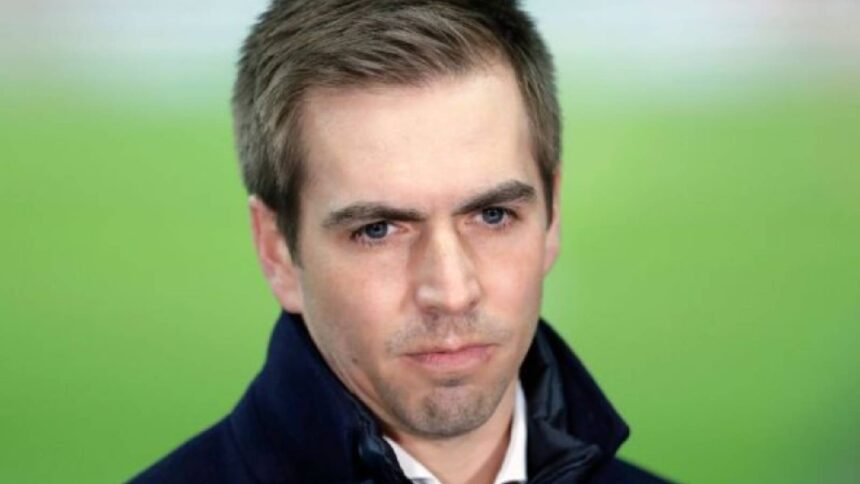The Club World Cup raked up controversies, produced some good football, spun a few upsets and made rich clubs richer. But Germany great Philipp Lahm, while acknowledging the positives, slammed its scheduling, which could knacker some of the teams.
In his column for Athletic, he wrote: “First and foremost, it demands a schedule that is attractive and sensible. It will soon be unrealistic to expect seasons to be followed by long breaks in the summer and European football will have to come to terms with this. The clubs will have to find solutions to manage their resources. It will mean different squad planning, players having to be used in different rhythms across a season, and perhaps even changes to behaviours in the transfer market.”
For instance, PSG ’s players would have felt utterly tired. Just a fortnight after they hoisted the Champions League, a week after he won the Nations League title with Portugal, they were in the US playing in the Club World Cup. They reached the finals there too and in three weeks’ time, would begin the next season. There would be hardly any break, and the pre-season would lag. For instance, PSG’s midfield Vitinha has featured in 77 games for his club and country, logging close to 6000 minutes on the field last season.
Former Liverpool coach Jurgen Klopp, too, was critical of the punishing calendar. Calling it “the worst idea in the history of sport”, he said?
“It’s too many games. I fear that next season we will see injuries like never before. There’s no real recovery for those involved,” he said.
Lahm fears the same. “Look at the current situation. Almost all of the elite clubs around Europe are back in pre-season training, yet players who were involved in the latter rounds of the Club World Cup are now, quite rightly, heading off for weeks of holiday. When the season starts, those teams will all be at a disadvantage, perhaps for months,” he said.
Burnout, at some point, is inevitable, he wrote. “So, how do you manage that? They will need two players for every position, but that was probably true already. Perhaps coaches need two teams to work with? Money will not be an issue, but working life will change for players at these top teams and for those coaches who manage them — it will have to if players’ workloads are to be properly considered and the threat of burnout is taken seriously,” he explained.
Story continues below this ad
He calls for more conservation around the tournament’s scheduling. “Perhaps we need more open conversations about how tournaments work and what kind of experience they afford everybody, players and fans,” he said.
“It’s a difficult balance to strike, no doubt. From my time as tournament director for Euro 2024, sport in Europe must meet standards of sustainability, and the competitions need to be a compromise between all sorts of different interests. I dealt with that on a daily basis for six years, trying to find the balance between the freedom to travel, offering tickets at fair and affordable prices, and all the social considerations, too, so I know it’s not easy,” he added.








